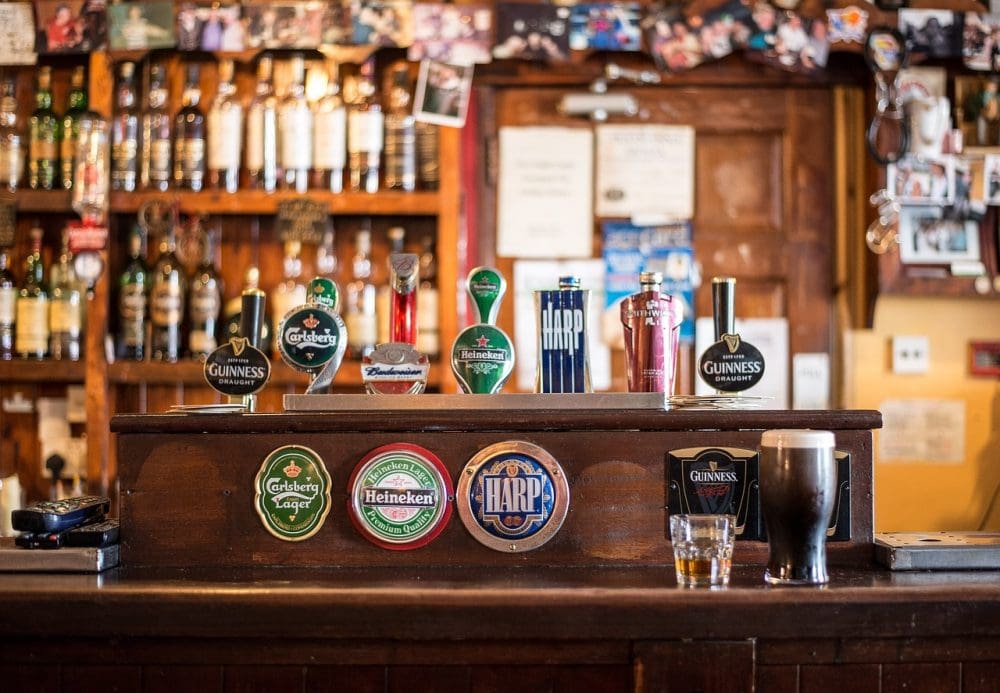The future of New Jersey’s archaic liquor laws is making strides, as governor Phil Murphy signed legislation this Tuesday that will increase the number of liquor licenses available in the market and ease the long-held restrictions in place that have stifled growth of breweries, distilleries and small businesses alike.
Murphy has been vocal about making changes to an age-old system that follows a foundation of rules from the Prohibition era–it’s been a long time coming. In Murphy’s 2023 State of State address, he outlined his plans to remove the restrictions that make liquor licenses practically unattainable for business owners.
Murphy encouraged the expansion of liquor licenses available, as they are few and far between and costly as a result. Considering the profitability of liquor sales, it will increase profit margins for independent restaurants and enliven Jersey’s downtown businesses. As a result, this capital will be pumped back into New Jersey’s economy–a win-win situation for all. Although the new legislation compromises part of Murphy’s vision that he vigorously championed, it is definitely a step in the right direction.
What Does The New NJ Liquor License Law Do?
The new NJ liquor law tackles issues regarding inactive/pocket licenses–which have driven up cost and drained the supply of licenses. This loophole essentially permits a license holder to indefinitely own a liquor license that is not being used. The new law requires a license holder to either use or sell their license if the license has remained inactive for two consecutive years. These changes alone will inject over 1,300 licenses back into the market and increase the number of active licenses by 15%.
Additionally, the law will potentially create 100 more licenses under provisions that allocate retail consumption licenses to businesses at shopping malls. There will be two added to each town for malls of at least 750,000 square feet and four for malls of at least 1,500,000 square feet. This boost can help support the survival of malls, which have taken a hit due to the pandemic and the shifting nationwide preference for online shopping. With malls equally spread throughout New Jersey towns, these changes are expected to generate prolific economic growth.
Breweries and distilleries will also get more free rein. The new law will get rid of the tour requirement and allow license holders to hire wait staff. It will also increase the number of barrels a brewery can manufacture from 10,000 to 300,000 per year and allow license holders to sell their product directly to distributors instead of relying on wholesalers. In addition, there will be a new farm-brewery license that will permit the license holder to produce malt-alcoholic beverages for retail sale.
`The Bottom Line On the New NJ Liquor Laws
This is exciting news for the future of New Jersey’s brewery, distillery, and restaurant businesses, which have been subjected to outdated and unnecessary restrictions for far too long. As for restaurant go-ers, don’t worry: BYOB is here to stay, we just have more options now.
- Lauren Dresnerhttps://thedigestonline.com/author/ldresner/
- Lauren Dresnerhttps://thedigestonline.com/author/ldresner/
- Lauren Dresnerhttps://thedigestonline.com/author/ldresner/
- Lauren Dresnerhttps://thedigestonline.com/author/ldresner/


